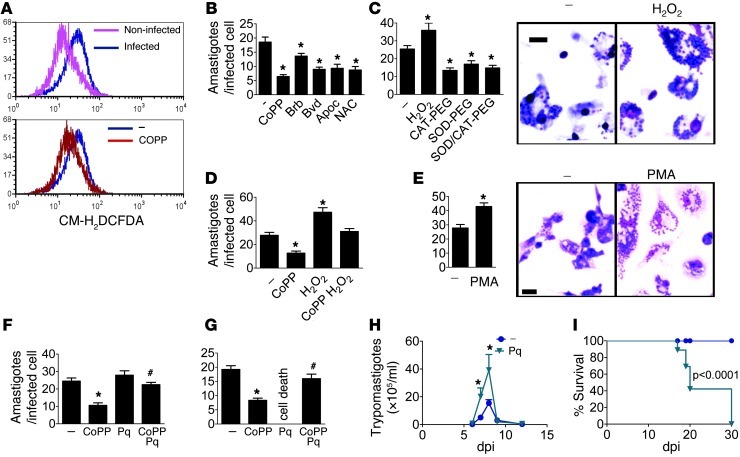Figure 5. Oxidative stress promotes T. cruzi parasitism.
(A) Flow cytometry quantification of ROS (CM-H2DCFDA) in thioglycollate-elicited macrophages infected in vitro and left untreated (–) or treated with CoPP for 6 hours. (B) Parasite burden (Giemsa) in thioglycollate-elicited peritoneal macrophages infected in vitro and left untreated (–) or treated for 48 hours with CoPP, bilirubin (Bb), biliverdin (Bvd), apocynin (Apoc), or NAC; (C) H2O2, CAT-PEG, SOD-PEG, or SOD-PEG plus CAT-PEG; (D) CoPP, H2O2, or CoPP plus H2O2; (E) PMA; CoPP, paraquat (Pq; 10 μM [F] or 100 μM [G]), or CoPP plus paraquat. (H) Mean parasitemia and (I) survival of mice treated with paraquat (n = 8). Experiments were performed at least twice, with similar results. Error bars represent SEM. *P < 0.05 compared with infected untreated controls. #P < 0.05 compared with CoPP-treated cells. Scale bars: 20 μm.

